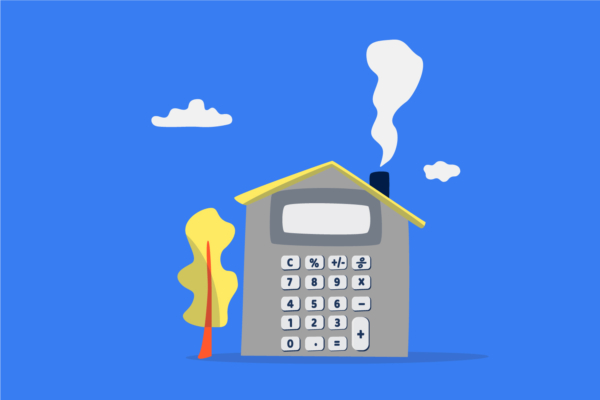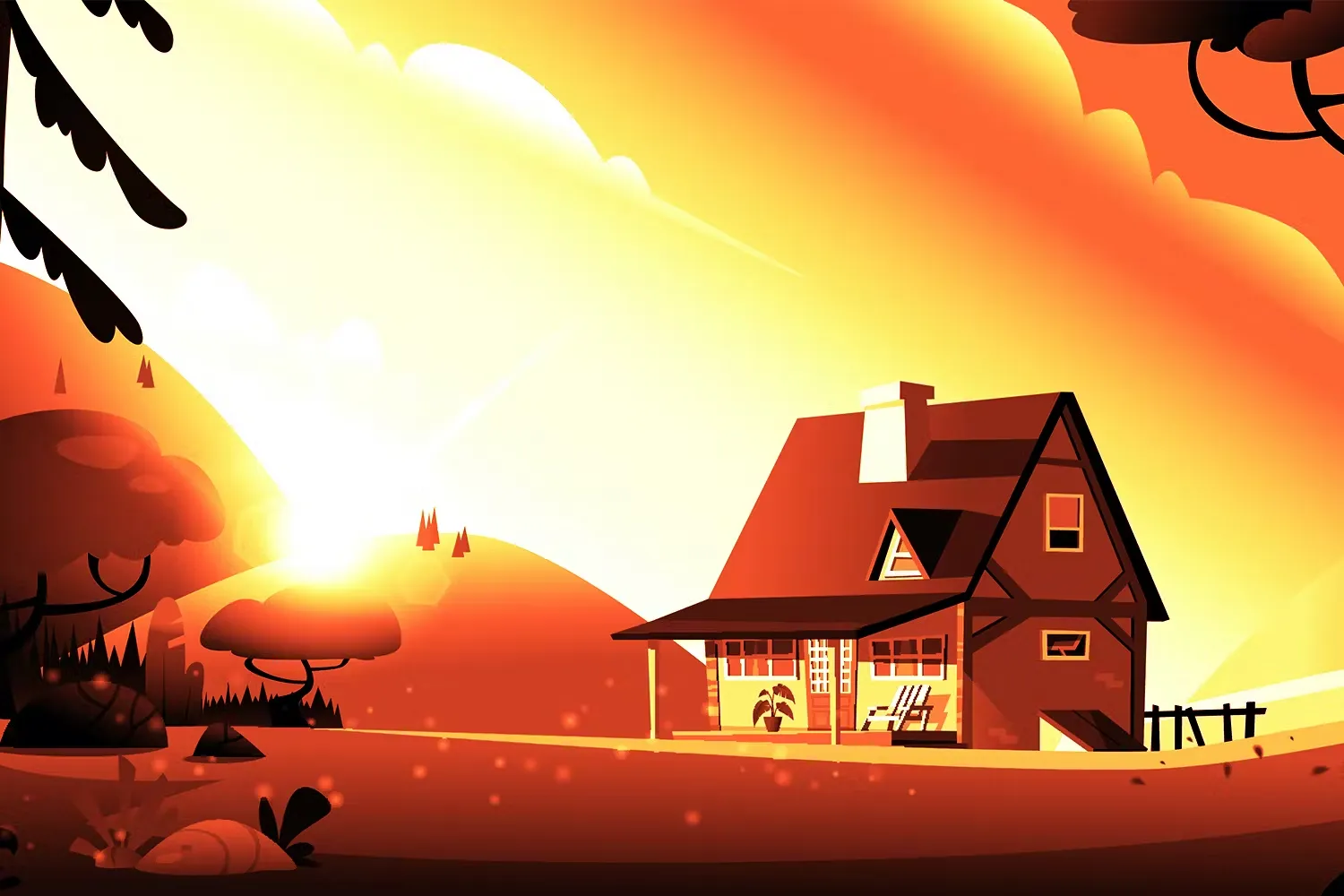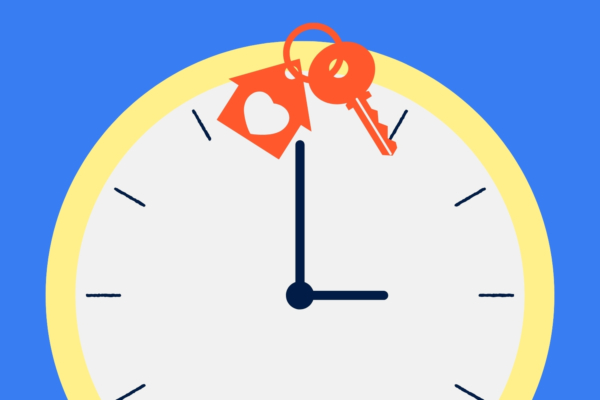
8 Benefits to Buying a Small Home

“They just don’t build them like they used to!” is a common lament of older generations. In many ways, they’re right— especially when it comes to residential homes. In 1973, the average size of a home in the United States was only 1,660 square feet. By 2015, that number had increased by 62% to an average of 2,687 square feet.
While many might welcome additional space in their home, some would argue that bigger doesn’t always mean better. Don’t overlook the benefits of purchasing a smaller home—what small homes lack in space, they often more than make up in savings, ease, and charm.
In this article, we’re assuming that a smaller home means a lower purchase price—but this also assumes you’re staying in a similar population classification (ie suburban vs urban). If you’re moving from the suburbs to an urban center, this assumption won’t hold true!
8 Reasons to Buy a Small Home
Here are eight reasons why you’ll want to tell your real estate agent to put homes under 1,800 square feet on your radar.
1. You’ll spend less on utilities.
One of the quickest ways to save on utilities is to decrease the size of the space you need to heat, cool, and light.
One study found that a 4,000 square foot home costs $114 more to cool during the summer months than a 2,500 square foot home— a 71% increase. Over the years, these savings can add up to a substantial amount.
2. Maintenance will be cheaper and easier.
Cleaning, repairs, and maintenance is often a dreaded aspect of home ownership. The bigger your home is, the bigger these headaches will be.
- Cleaning: It’s a lot easier to sweep and vacuum a modest one-story three-bedroom home than a massive, two-story mansion. If you hire out for your cleaning, most housekeeping services charge by the square foot, so that’s one more bill you can reduce with a smaller home.
- Repairs and renovations: The cost of many home repairs and renovations is dependent on the amount of materials needed. The bigger your house is, the more material will be needed to cover the space. For instance, the cost of paint jobs, roof replacements, and flooring all increase with size.
- Routine maintenance: Have you ever changed the batteries in a smoke detector on a 20-foot-tall ceiling? It’s not a task for those with a fear of heights! With everything easily accessible in a smaller home, routine maintenance is often a breeze.
Meet our team and get started.
Our local, award-winning lending team is ready to help you begin today.
With a smaller home, nearly every aspect of maintenance and upkeep will be cheaper and easier.
3. A small house means less furniture is needed.
Homebuyers are often so focused on the cost of the house that they fail to consider the expenses that usually come along with it.
One big one is furnishings and decor. If you’re moving from a small one or two-bedroom apartment into a four-bedroom home, you’re going to have a lot more space to fill. With a smaller area, you can likely just use what you already have.
4. It’s more eco-friendly and energy efficient.
Smaller home = smaller footprint.
Rest well knowing you’re doing a small part to help the environment. Not only do they require less energy to power, but they also require less raw materials to build.
5. Save money for other needs and wants.
Buying a smaller home may give you the ability to afford other luxuries in life. If you max out your home buying budget on a big house, you probably won’t have any spare funds left for projects that help make the house your home. When you buy a home well within your means, you may likely have some money left over for personal touches or upgrades.
Purchasing a smaller home also provides peace of mind. If something were to happen, whether it be a medical emergency or the loss of a job, your house payment will be a smaller financial strain. As an added bonus, a smaller mortgage each month frees up income for financial goals, whether it be saving for retirement, a child’s education, or even a family vacation.
6. Your home may be more unique.
Large homes in giant master planned communities often blend together into rows and rows of beige boxes. If you’re looking for a unique living space, search for smaller, older homes.
Your house won’t look like your neighbors’ and will truly feel like a one-of-a-kind home. You might be surprised what sort of gems are out there!
7. It allows you to be mindful of consumption and lead a simpler lifestyle.
Does having too much stuff stress you out? Are you constantly making an effort to downsize and get rid of unwanted items? A small home may be a solution to your clutter problems!
When you live in a smaller space, you are forced to be mindful of your consumption. You won’t have extra bedrooms and closets to hide things away in. What you put in your home will be more meaningful and serve a purpose.
A minimalist lifestyle may not be for everyone, but many feel that it brings them greater overall satisfaction with life. Buying a smaller home is a great first step in this journey.
8. You’ll spend more time with your loved ones.
A smaller home can be a great way to bring your family closer together— both figuratively and literally!
In larger homes, family members may have a tendency to spread out. Smaller homes encourage people to congregate in one main area and enjoy activities together like movie nights or board games. You learn how to work together, play together, and understand each other on a new level when you live in tighter quarters.
Explore the Possibilities
When creating your must-haves list for your future home, ask yourself if you really need that extra room or bonus upstairs space. The perks of a small home are enough to rival the obvious advantages of a big home. While you think you may be giving up or going without, a smaller home gives you much, much more back in terms of time, money, and fun.
Ready to get prequalified?
Apply today and start your journey toward your new home.


